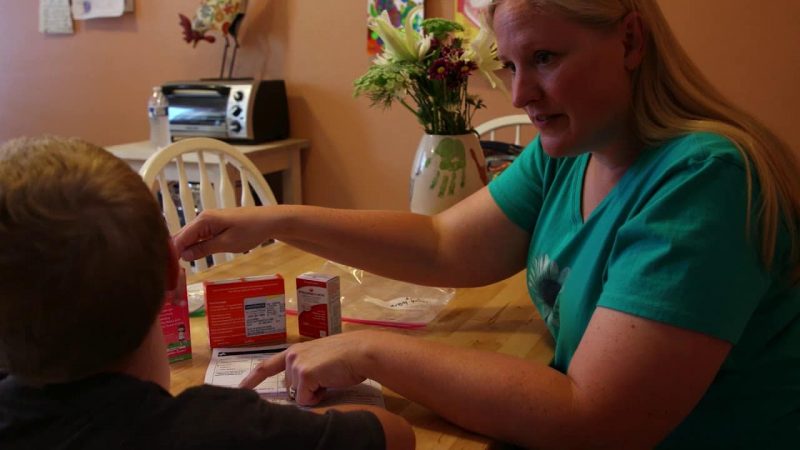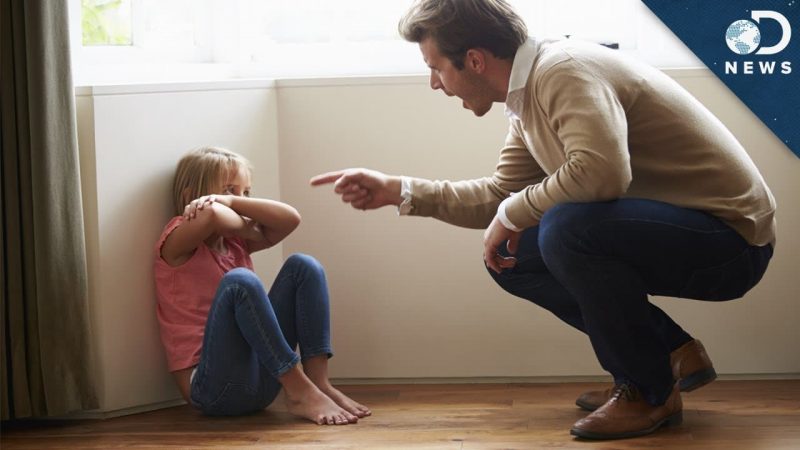We all have those days. You know what I mean, that day where you can’t seem to keep your cool. Where every little thing seems like a disaster waiting to happen. As adults, we know that we all have days that are filled with anxiety. However, from experience, we also know that tomorrow will be better. That we can make it through those anxious days. Kids, however, don’t always know that these feelings will end, and need our help to learn how to cope. Here are some tips and tricks on how to help your anxious child deal with their anxiety.
Give your child some coping mechanisms
Contents
Kids need to be taught ways to deal with their emotions. Obviously, these are different for all people, so it will take some work to figure out what works best for your child. My daughter suffers from high anxiety, so we are always trying to figure out a new coping mechanism that will help her. Listening to music, reading a chapter book, painting, and punching pillows have all been activities that have helped her to calm enough to address the anxiety that she is feeling. Find a coping mechanism that works for your anxious child.
Boost their confidence
When kids are feeling highly anxious, they tend to feel as if they can’t do anything right. This can cause even more feelings of anxiety, causing a complete meltdown. When you notice that your child is anxious, start pointing out the things they are doing well. It doesn’t matter how little it is, it’s all about the confidence boost. “You brushed your teeth? Wonderful! They look so sparkly and clean. You did a fantastic job!” As they start to see what they are doing well, they can also begin to see that even if they are feeling stressed, other things can still be good.
Talk with your children
Give your anxious child an open invitation to speak to you about how they are feeling. This doesn’t just have to be for when they are feeling anxiety, but for any other emotion as well. My daughter knows that she can come ask to talk to me whenever she needs. I may not always be able to speak right then, but she also knows I will always follow up with her as soon as I am able. When we do talk, I let her direct the conversation. Sometimes I will ask leading questions if she seems to be unable to verbalize what she is feeling. All of these conversations are followed with big hugs and snuggles.
Be understanding with your anxious child
This seems like a no-brainer, I know. However, as we get caught up with our day to day activities, a child who is not feeling 100% can throw a wrench into the flow of the day. Maybe you, as a parent, are feeling anxious as well. It can be difficult to step back and see that your son or daughter is also having a difficult day. However, try to understand that they are little humans, with a range of emotions as wide and varied as your own. They may not always be able to tell you what is going on, but it is your job to help them learn how.
Be there for them
Again, this seems like it shouldn’t have to be said, but it is important to do so. Sometimes we need to take a break from the hustle and bustle. Stop, look at your child, listen to them, and work together to make the situation better. This will teach them the confidence they need to be able to work through any issues on their own as they get older. You can remind them that these feelings are only temporary and that soon they will be feeling better.
Being a parent is really hard, as you know. It can be stressful in its own right, and even more, when the little loves of your life are feeling anxious. It will not always be an easy fix, depending on what is causing the anxiety, but hopefully, some of these tips will help. If you are noticing that your child is feeling anxious or depressed for extended periods of time or that it seems to be getting more severe, please contact a doctor. It could be something needing medical attention.
What anxiety tips or tricks work the best for you or your anxious child?


